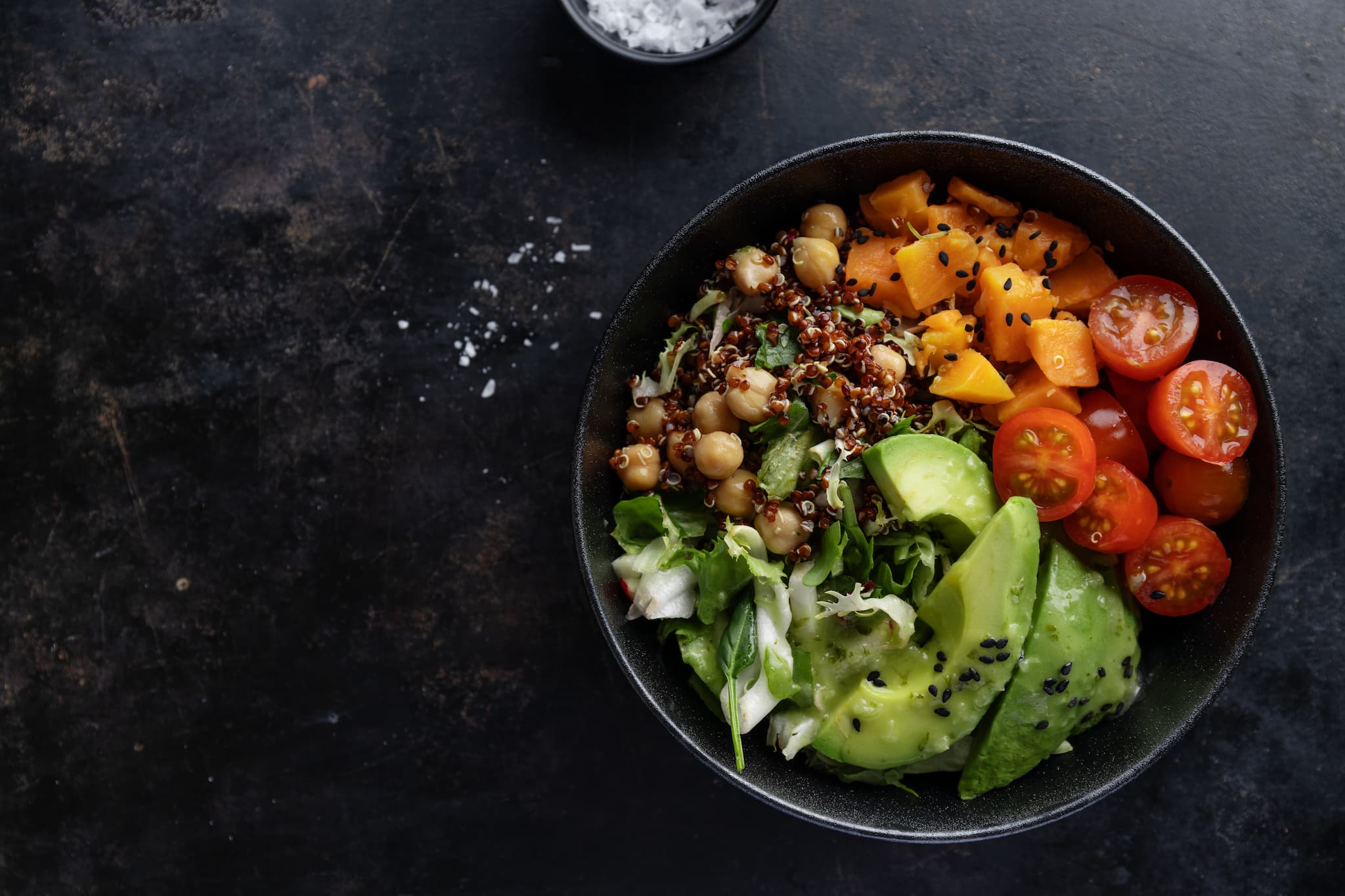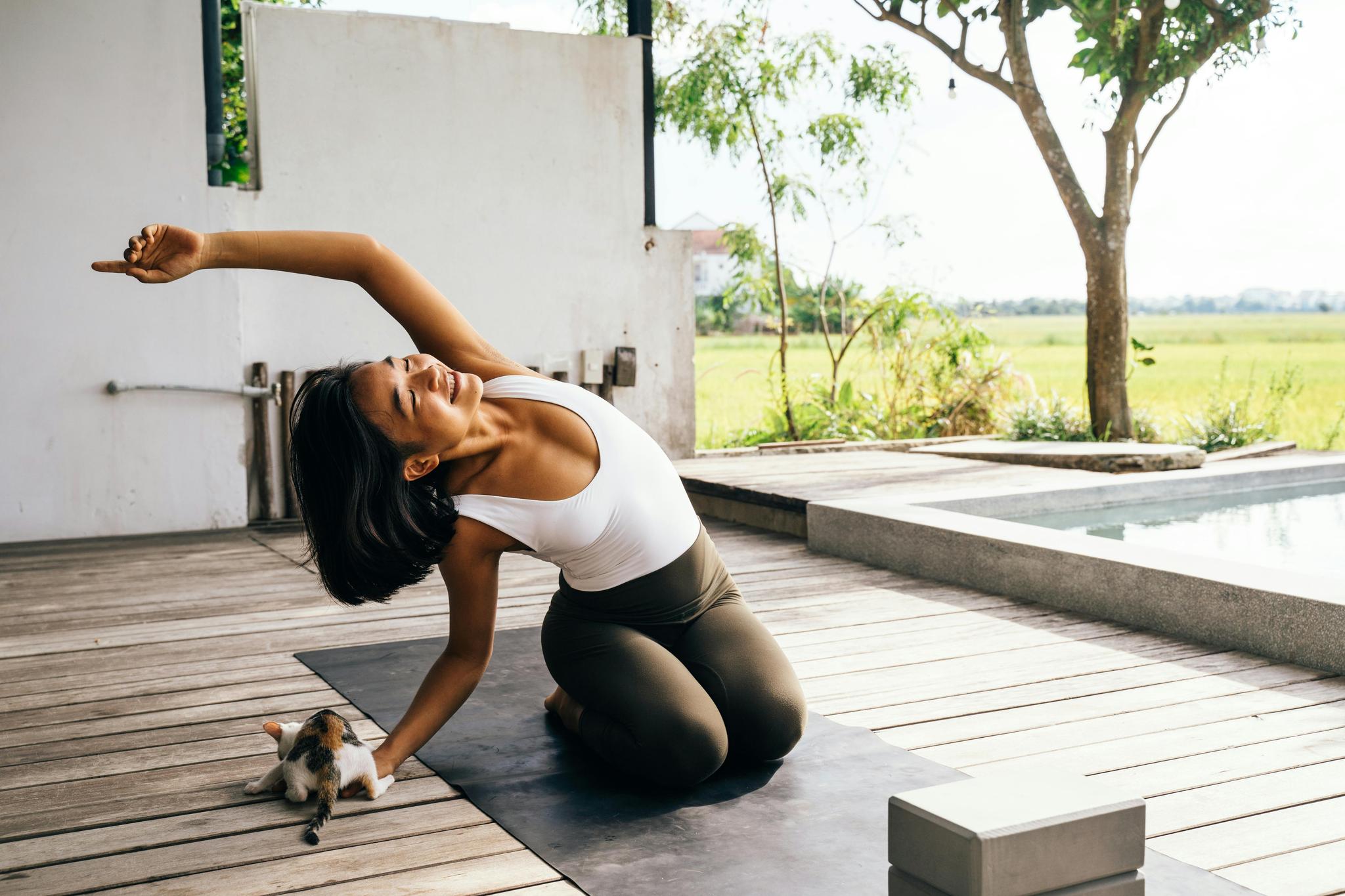Not sure where to start? Chat with our health advisor
Chat now

I'd like to
.......
- Healthcare Services
- For Business
- About Us
- Contact Us
Upload Prescription

understanding uv safety: protecting your skin in the nigerian sun
Understanding UV Safety: Protecting Your Skin in the Nigerian Sun
Introduction: Enjoying the Sun Safely
Living in Nigeria means enjoying abundant sunshine almost year-round. While the sun is essential for vitamin D production and mood enhancement, too much exposure can harm your skin and increase your risk of skin cancer.
July is UV Safety Month, making it the perfect time to learn about the dangers of ultraviolet (UV) rays and how to stay protected. This educational guide will empower you to make smarter choices for your skin health. Plus, we'll highlight how Zuri Health supports your wellness journey every step of the way.
What Are UV Rays?
Ultraviolet (UV) rays are invisible rays that come from the sun and can also be emitted by artificial sources like tanning beds. There are two main types:
- UVA rays: Penetrate deep into the skin and contribute to premature aging and wrinkles
- UVB rays: Cause sunburn and play a significant role in skin cancer development
Both types can damage skin cells, so understanding UV safety is critical, especially in sunny regions like Nigeria.
Why UV Protection Is Crucial in Nigeria
The sun in Nigeria can be particularly intense, especially during the dry season and around midday. Overexposure to UV rays can lead to:
- Sunburn
- Skin aging (wrinkles, dark spots)
- Eye damage (cataracts, macular degeneration)
- Skin cancer, including melanoma
Moreover, darker skin tones do have more natural protection due to melanin, but they are not immune to sun damage.
Practical Sun Protection Tips for Nigerians
Protecting your skin doesn't mean avoiding the sun entirely. Here are practical ways to stay safe while enjoying the outdoors:
1. Use Broad-Spectrum Sunscreen
- Choose a sunscreen with SPF 30 or higher
- Look for "broad-spectrum" to guard against both UVA and UVB rays
- Apply 15-30 minutes before going outside
- Reapply every two hours, or more often if sweating or swimming
2. Wear Protective Clothing
- Long-sleeved shirts and long pants offer extra protection
- Choose tightly woven fabrics
- Darker colors may offer better UV protection than lighter ones
3. Accessorize Smartly
- Wide-brimmed hats shade your face, ears, and neck
- Sunglasses with UV protection help prevent eye damage
4. Seek Shade
- Avoid direct sun exposure between 10 a.m. and 4 p.m., when rays are strongest
- Use umbrellas, trees, or canopies when outdoors
5. Be Cautious Near Reflective Surfaces
- Water, sand, and concrete can reflect and intensify UV rays
- Extra caution is needed when at the beach or poolside
Myths About Sun Protection in Darker Skin Tones
Important Fact
Many Nigerians believe that darker skin doesn't need sunscreen. This is a dangerous myth. While melanin offers some natural protection, it does not prevent all UV damage. People with darker skin can still develop hyperpigmentation, sunburn, and skin cancer.
The Role of Regular Skin Checks
Early detection of skin issues is vital. Here's what you should look out for:
- New growths or moles
- Changes in existing moles (asymmetry, border irregularity, color changes, diameter increase)
- Sores that don't heal
If you notice any of these, consult a dermatologist or a healthcare professional immediately.
At Zuri Health, our network of experienced dermatologists is ready to help you understand and care for your skin.
Additional Health Tips for Staying Cool and Safe
Besides UV protection, it's essential to stay cool and hydrated in the Nigerian heat:
- Drink plenty of water to prevent dehydration
- Wear light and breathable fabrics
- Take breaks in cool, shaded areas
- Watch for signs of heat exhaustion like dizziness, nausea, or excessive sweating
How Zuri Health Supports Your Skin Health
Zuri Health makes it easier than ever to connect with skin health specialists and general practitioners. Our telemedicine services allow you to consult from anywhere, eliminating long waits and travel time.
Whether you need a skin check, advice on sun protection products, or treatment for skin conditions, our experts are ready to guide you.
FAQ: Sun Safety in Nigeria
Do I need sunscreen if I have dark skin?
Yes. While melanin provides some natural protection, it does not fully block UV rays. Sunscreen is essential for everyone.
What SPF should I use in Nigeria?
Use a broad-spectrum sunscreen with at least SPF 30. Reapply regularly, especially if outdoors for extended periods.
How often should I check my skin?
Perform a self-examination once a month. If you notice changes or unusual growths, consult a doctor immediately.
Can I get vitamin D without risking UV damage?
Yes. Short sun exposure (about 10-15 minutes) is usually sufficient. Outside of that, protect your skin.
Conclusion: Shine Safely
The Nigerian sun is beautiful and life-giving, but it's vital to enjoy it responsibly. By understanding UV safety, you can prevent serious skin damage and maintain a healthy glow all year round.
At Zuri Health, we are committed to empowering you with the knowledge and resources you need to protect your health, inside and out.
Your health can't wait.
Visit our website: www.zuri.health
Call us today: +254 756 551 551
Book a virtual consultation and get real answers from real doctors.
Share this post
Latest blog posts
Tool and strategies modern teams need to help their companies grow.

Zuri Health
•
04/13/2024
the importance of sleep for optimal health and well-being
Good sleep improves your brain performance, mood, and health
dr_love

Zuri Health
•
04/14/2024
the role of nutrition in promoting heart health
Every heart is special, every heart needs care and love.
for_foodies

Zuri Health
•
04/10/2024
the power of mindfulness: how it can transform your health
Mindfulness is a state of active, open attention to the present.
Join Our Community 
Join our community to stay up to date on healthy living




